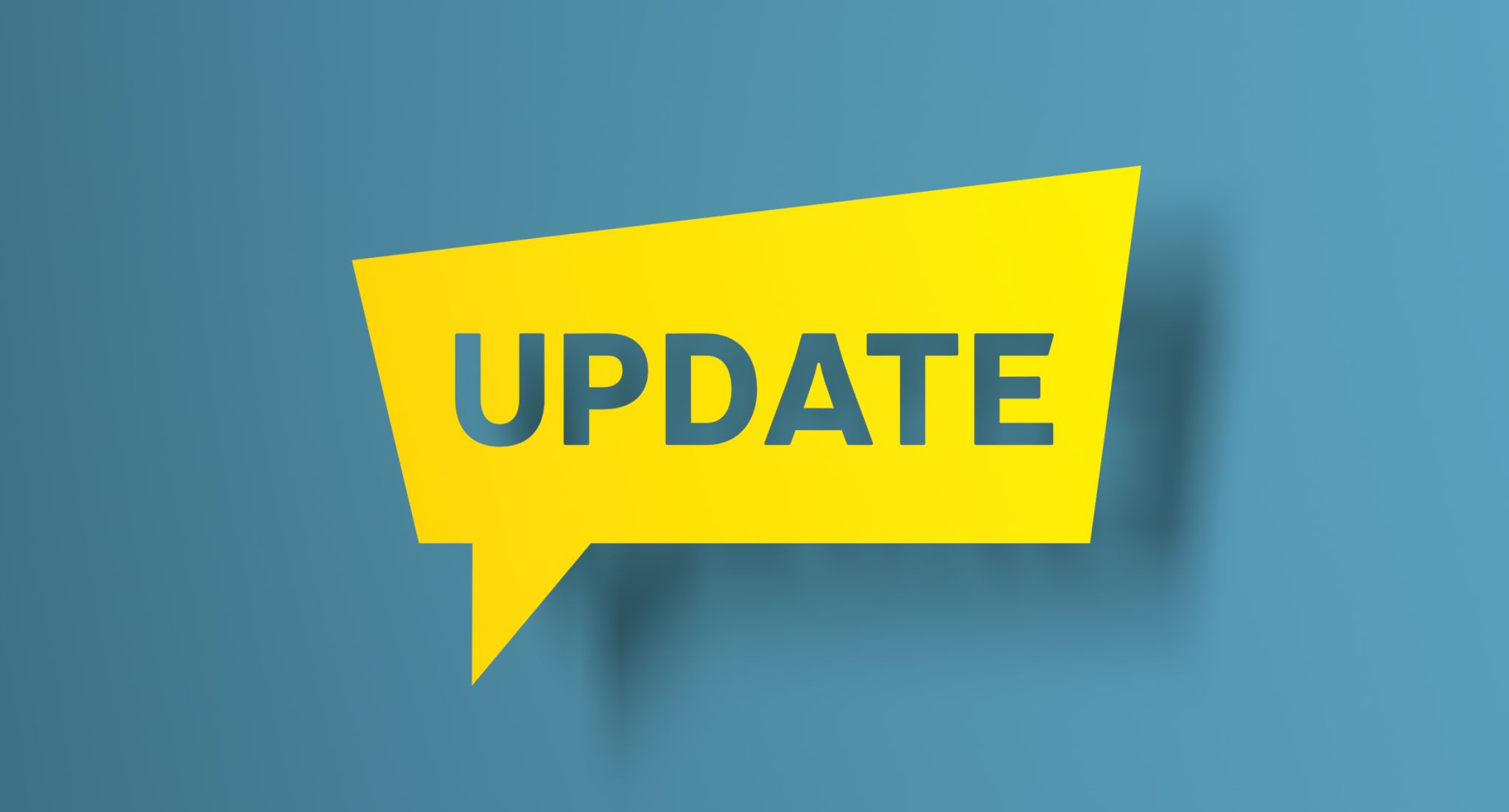How to Maintain Your Hardware for Optimal Performance
Al
Understanding the Importance of Hardware Maintenance
In today's fast-paced digital world, keeping your hardware in top-notch condition is crucial for ensuring optimal performance. Whether it's your personal computer, a gaming console, or other electronic devices, regular maintenance can significantly extend their lifespan and enhance their functionality. Neglecting this essential aspect might lead to unexpected breakdowns, reduced efficiency, and costly repairs.
Regular maintenance not only helps in preventing potential issues but also improves the overall user experience. By adhering to a few simple guidelines, you can enjoy seamless performance and avoid unnecessary headaches.

Regular Cleaning and Dusting
Why Dust Matters
Dust accumulation is one of the primary culprits behind hardware malfunctions. It can clog fans, obstruct airflow, and cause overheating. Regularly cleaning your devices ensures they remain dust-free and operate at their best. Use a soft brush or a can of compressed air to gently remove dust from vents and other accessible areas.
Cleaning Techniques
To clean your hardware effectively, power down the device and unplug it from any power source. Carefully open the casing if necessary and use a microfiber cloth to wipe down surfaces. Avoid using liquid cleaners directly on electronic components. Instead, slightly dampen the cloth if needed for stubborn spots.

Managing Software Updates
The Role of Updates
Keeping your software up-to-date is as important as maintaining the physical components of your hardware. Software updates often include patches for security vulnerabilities and enhancements that optimize performance. Regularly check for updates for your operating system, drivers, and applications to ensure everything is running smoothly.
Automating Updates
Consider enabling automatic updates to minimize the hassle of manual checks. This ensures that your device receives critical fixes and improvements without delay. However, be mindful of major updates that might require further compatibility checks with your existing hardware.

Monitoring Hardware Performance
Utilizing Diagnostic Tools
Regularly monitoring your hardware's performance can help identify potential issues before they escalate. Use built-in diagnostic tools or third-party software to keep track of metrics such as temperature, fan speed, and disk health. These tools provide valuable insights into how well your components are functioning.
Taking Preventive Actions
If you notice unusual behavior or declining performance, take preventive measures immediately. This might include freeing up storage space, defragmenting hard drives, or addressing overheating by improving ventilation.
Ensuring Proper Storage Conditions
Storing your hardware in appropriate conditions is essential for maintaining its longevity. Keep devices in a cool, dry place away from direct sunlight and moisture. Excessive heat and humidity can damage internal components over time.
Avoid stacking devices on top of each other as this can restrict airflow and lead to overheating. Ensure that cables are organized to prevent tangling and accidental damage.
